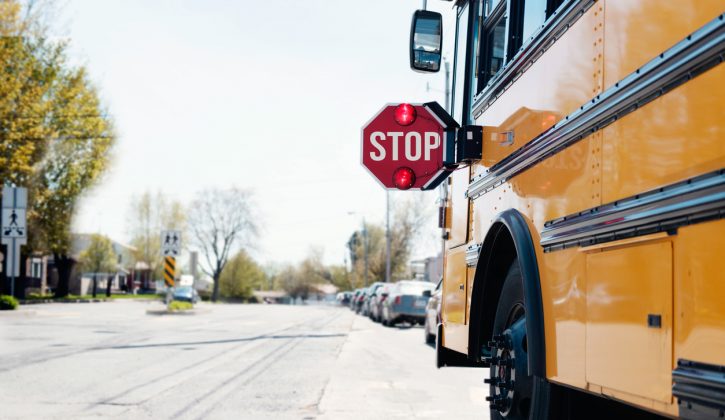In the wake of his announcement that he is considering removing a class size cap, Ontario Premier Doug Ford has sent shock waves through the education world by declaring he can’t promise to keep the full-day kindergarten program (FDK) past the following school year.
According to CBC News, the FDK program, which came into full effect in 2014, costs the government $1.5 billion per year. While Ford tries to assuage Ontarians, “I can assure you one thing — any decision that’s made is going to be better, it’s not going to be worse. As far as I’m concerned, there’s a lot of areas of education that are broken that need to be fixed,” he has also made it clear that reducing the deficit is the priority of the cuts to education.
The lack of a class size cap and the possibility of losing FDK have angered and concerned teachers and parents alike.
Teachers have taken to social media to inform parents of the ways that high class sizes would negatively impact their children’s education, including less one-on-one attention, inability to adequately accommodate children with special needs, inability to tailor lessons to the individual needs of the students, and teacher burnout.
Conversely, the possibility of losing FDK has panicked many parents who had planned their finances around the program. FDK saves parents thousands of dollars per year in childcare. Losing it unexpectedly could put many parents in a financial bind, or change their career trajectories.
As a former kindergarten teacher in a daycare program, and mother of children who have experienced both a daycare kindergarten program and FDK, I have a unique perspective on what losing FDK might mean.
When FDK was implemented, it greatly affected daycare centres. The loss of clients meant a loss of teachers, loss of funding, daycare closures, and scrambling to accommodate for fewer full time or half-day children, and more before and after school children. Most managed to adapt, and have programs in place to work around FDK. Removing FDK would mean a sudden need for full and half-day care spaces in daycare centres. It would also mean a sudden increased need for a government subsidy for these daycare spots. This need for a subsidy would not only cost the government money where they are trying to save it, essentially just repurposing the budget not eliminating it, it would also place an increased burden on the subsidy system and the parents who apply for it – a system that already has a waiting list that is impacting parents.
I want to be clear that there are advantages to both the FDK program and daycare centre kindergarten programs.
Daycare kindergarten programs are run by qualified, passionate teachers. There is usually a lower teacher-to-child ratio, even with class size caps. There is an opportunity for continuity of care, both within the day itself as before and after school care is generally provided by the same centre, and over the years as children are able to transition from infancy or toddlerhood through to grade one in the same facility. Daycare centres often supply lunches, snacks, and even breakfast – a big help to families who are on subsidy and might be facing food insecurity.
In efforts to defend the FDK program, I have seen daycare kindergarten programs disparaged, and implications that the program or the teachers are inferior to ones within the school board.
We need to remember that daycare teachers are experts in early childhood education, hard-working individuals, and quality educators. Children thrive as well in these programs as they do in school-based ones, and we must refrain from putting down these programs and the teachers who run them when we defend FDK. That said, there are some very valid reasons to fight for FDK to stay.
First and foremost, like the daycare programs, FDK is a quality program in which children thrive, run by excellent and highly qualified teachers.
FDK allows many children to remain in one classroom for the full day, instead of needing to be accommodated by someone else for the other half of the day. Going to FDK allows children to acclimatize to an elementary school setting before entering grade one.
And of course, highly significant, there is the issue of cost. FDK is free for parents, whether they would qualify for daycare subsidy or not. While quality education and care are first and foremost for parents, the cost is an important concern. Losing FDK would impact parents in all income brackets, but especially those within that difficult window where they make too much for a subsidy, but not enough to pay for full-time daycare.
The provincial budget and finances are important, we can’t ignore that, but our children’s education is too important to skimp on.
The education our children receive, and our ability to provide for it financially, will impact them for their entire lives, especially in the kindergarten years. I urge you as parents to fight for class size caps and to keep FDK.
Regardless of where your children attend kindergarten, losing FDK will impact all programs and all children.
Tagged under: ontario,kindergarten,Education,full day kindergarten
Category: family-life






